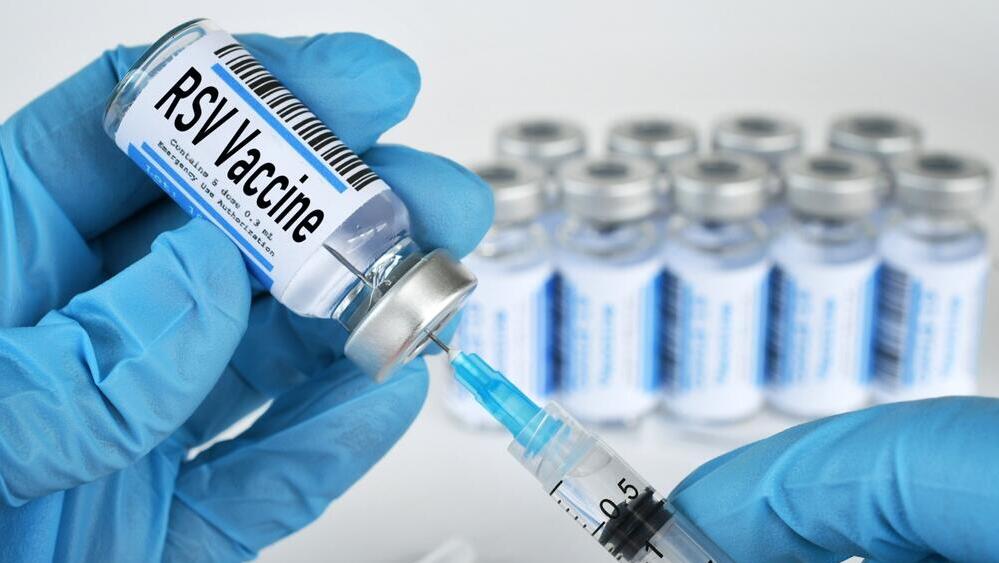Getting your Trinity Audio player ready...
RSV is one of the most common and severe viruses in infants, causing serious lung inflammations that can even become life-threatening. But now there's a solution against it: the U.S. Food and Drug Administration (FDA) has approved a new Pfizer vaccine designed to protect infants in their early months. This vaccine can be administered to pregnant women and is aimed at safeguarding newborns.
Read more:
Typically, this virus causes mild symptoms, primarily coughing. However, in high-risk populations like infants and the elderly, it can be extremely aggressive, leading to breathing difficulties, respiratory pauses, and sometimes even life-threatening situations. RSV is particularly prevalent during the fall and winter months and is one of the primary causes of hospitalization for respiratory illnesses among infants and the elderly.
1 View gallery


The RSV vaccine can be administered to pregnant women to safeguard their newborns
(Photo: Shutterstock)
The new vaccine, known as Abrysvo, has already been approved for use in adults ages 60 and older to prevent a respiratory illness that claims around 160,000 lives worldwide each year. Now, the FDA has given its nod to administer the vaccine to pregnant women between weeks 32 and 36 of their pregnancy to protect their unborn child. The antibodies produced will shield the baby when it enters the world, providing crucial protection for at least six months – a critical period during which any simple infection can potentially endanger the infant's life.
Three months ago, an external panel of experts at the FDA recommended giving the vaccine to pregnant women, and now the FDA has decided to follow that recommendation. Given Israel's Health Ministry tends to support FDA decisions and grant similar approvals, it's highly likely that the vaccine will also be approved in Israel.
The decision to approve the vaccine was based on an advanced-stage clinical trial involving approximately 7,000 pregnant women. The conclusion was that the vaccine was effective in preventing severe infections in infants, with an efficacy rate of 82% when administered to mothers during the latter half of their pregnancies. Pfizer stated that the most common side effects experienced by women who received the vaccine were fatigue, headaches, injection site pain, muscle aches, nausea, joint pain and diarrhea.
Professor Tal Biron, chairwoman and director of the Obstetrics and Gynecology Division at Meir Medical Center in Kfar Saba, is pleased with the American decision.
"This is very joyful and highly significant news. When a pregnant woman receives a vaccine, her body responds by producing antibodies against the virus she's being vaccinated against. These antibodies pass through the placenta into the baby's circulation, vaccinating the fetus while still in the womb. These antibodies play a substantial role in the baby's immune system, enhancing it and safeguarding its health," Biron said.
"There is clear evidence of the benefits of COVID-19 vaccination during pregnancy, as well as against influenza and now RSV. This represents a significant medical and scientific breakthrough for the well-being of infants," Biron emphasized.
Just over a month ago, the FDA approved a new RSV vaccine for infants, which can be administered in a single dose instead of five. This vaccine, Beyfortus, is expected to become widely available worldwide in the coming weeks. The Israeli Pediatric Association has recommended to the Health Ministry to approve it in Israel as well. Several months ago, the FDA also approved two additional RSV vaccines intended for the elderly.


